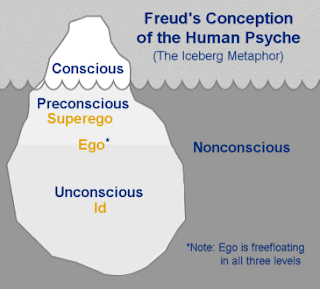-----Original Message-----
From: b <rrdd3939@aol.com>
To: rrdd3939 <rrdd3939@aol.com>
Sent: Mon, Dec 26, 2011 4:46 pm
Subject: Plato's Chariot...
From: b <rrdd3939@aol.com>
To: rrdd3939 <rrdd3939@aol.com>
Sent: Mon, Dec 26, 2011 4:46 pm
Subject: Plato's Chariot...
Plato's Man in the Cave Series continues: PLATO'S CHARIOT
(reading other installments not required but strongly urged as we worked hard on them!)
by Citizen Journalist with Richard DePersio
And, so it would appear as if today's physicist believes in the numbers and perfect forms of
Plato's Heaven and puts less stock in observations and experiments. When there is an
observation or experiment to confirm a 'theory' one such observation or experiment shall
suffice. Of course, they were much more rigorous and demanding of Einstein's Relativity.
(Perhaps, it wouldn't hurt to check out previous installment. It is on the first floor below).
(We will tell you up front: We are more in accord with Plato's Cave and Heaven, as opposed
to his Chariot. Why do you think?).
Soul: The Charioteer is reason, he tries to manage the horses; guide us to truth. The white horse
is of noble breed and difficult to control: spiritedness; moral impulse; irascible; bold. The
black horse is even more difficult to manage: uncontrolled appetite; desire; feelings; black drives;
basic impulses; irrational; uncontrollable passions, concupiscent.
Horses try to pull us in different directions. Some rise to heaven and enlightenment; others
may frequently bob into it; the remainder lose control of horses, lose wings, fall to earth,
some having occasionally seeing truth and some not.
The order of enlightenment: philosophers (naturally, Plato places them in the first order);
law-abiding kings, civic leaders; politicians, businessman; those who specialize in bodily
heath; prophets, members of mystery cults; artists; craftsman; farmers; sophists or
demagogues; tyrants.
It should be noted that in the Ancient Greece and the Greek Empire with the possible
exception of the Ionians that working with one's hands was frowned upon for it was the
activity of slaves. Slaves were at the bottom of the totem pole (interesting choice of words).
A notch above were peasants who worked for owners of farms and clerks who worked for store
owners or politicians. A notch above them were the craftsman with stone masons being at the
peak of this group; above them were artists. Philosophers engage in thought when dealing with
ethical philosophy and when they engaged in naturally philosophy (science) thought and
mathematics. On those rare occasions when they felt it absolutely necessary to engage in
observations or experiments, they considered it degrading (not the Ionians) and akin to slavery.
These attitudes continued in the Roman Empire to the Renaissance and to a certain extant they are
still with us. We may as well complete the process: Next came property owners; above them
were politicians who were also property owners. At the pinnacle? Philosophers placed themselves
there while kings thought otherwise. We confident that philosophers didn't tell kings what they
thought regarding top of placement.
Some people see a correlation between Freud's Id, Ego and Superego and Plato's Chariot.
Id: Uncoordinated; instinctual; with us from birth; primary component of personality; I want it
now! Ego: organized, realistic; pleasure principle - will try to satisfy id if only with a mental image
of it being satisfied (primary process). Anxiety, tension if ego fails. Superego: critical and
moralizing. It may deny Id or match reality to primary process or modify Id's desire into something
realistic to have and socially acceptable. Moral standards and ideals come from parents and society;
superego emerges at age 5. Id = black horse; Ego = white horse; Superego = Charioteer. Do you
see similarities?




No comments:
Post a Comment